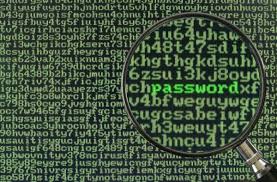 On March 20, 2017, the US Third Circuit Court of Appeals affirmed a ruling of contempt from a District court over a man’s claimed inability to remember his drive-decryption passwords.
On March 20, 2017, the US Third Circuit Court of Appeals affirmed a ruling of contempt from a District court over a man’s claimed inability to remember his drive-decryption passwords.
The appeal concerned the Government’s ability to compel the decryption of digital devices after the Government seizes those devices pursuant to a valid search warrant.
The District Court found Appellant John Doe in civil contempt for refusing to comply with an order which required him to produce several seized devices in a fully unencrypted state. Doe contended that the court did not have subject matter jurisdiction to issue the order and that the order itself violated his Fifth Amendment privilege against self-incrimination. However, the Court of Appeals upheld the di District Court’s order and deemed that “for the purposes of the Fifth Amendment, any testimonial component of the production of decrypted devices added little or nothing to the information already obtained by the Government. The Magistrate Judge determined that any testimonial component would be a foregone conclusion”. The Court of Appeals concluded that the Magistrate judge did not err in issuing the decryption order because the order was a “necessary and appropriate means of effectuating the original search warrant”. The Fifth Amendment challenge failed since the factual findings were amply supported by the record.
United States v. Apple Mac Pro Computer, 2017 U.S. App. LEXIS 4874 is available at http://www2.ca3.uscourts.gov… Open PDF
Originally published on Technethcis in March 2017